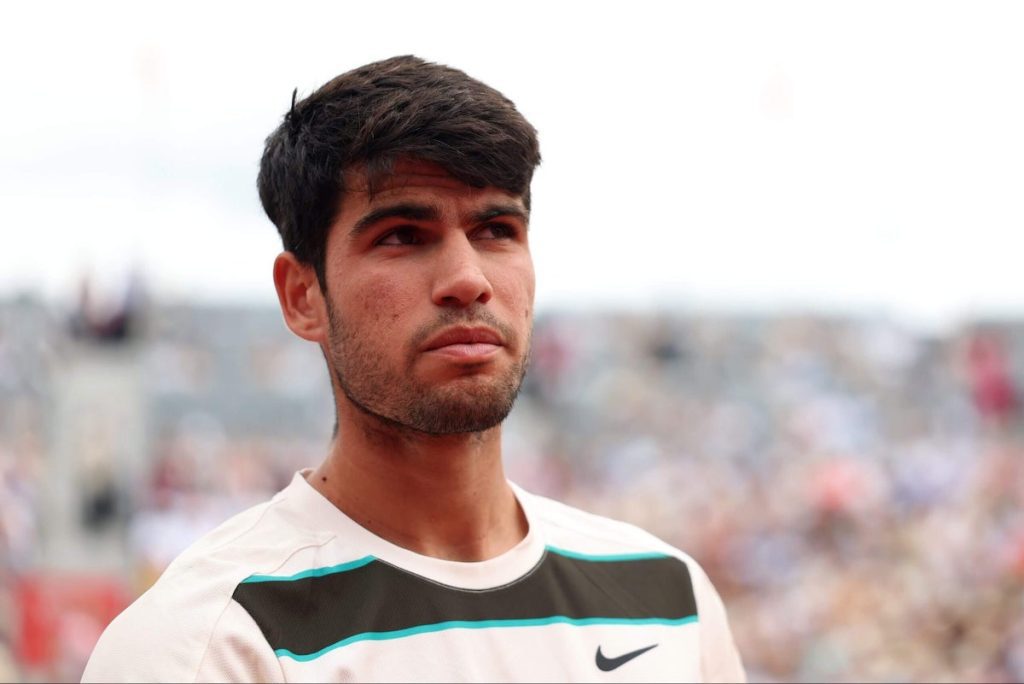Update on PTPA Antitrust Lawsuit
The Professional Tennis Players Association (PTPA) has filed a revised complaint in its antitrust lawsuit against various tennis governing bodies.
Co-founded by Novak Djokovic in 2020, the PTPA has excluded critiques from players not involved in the lawsuit, including French Open champions Coco Gauff and Carlos Alcaraz.
The PTPA has also removed two entities from its initial characterization of a “cartel,” excluding the International Tennis Federation and the International Tennis Integrity Agency. This change aims to concentrate on the alleged antitrust violations committed by the men’s (ATP) and women’s (WTA) tours.
The lawsuit, initially filed in March, criticized tennis’ main governing bodies as a “cartel” stifling wages and player opportunities. The accused organizations have denied these claims and sought to have the lawsuit dismissed, arguing that players must resolve disputes through arbitration rather than in court. A judge has yet to decide on this motion.
Initially, 12 players were listed as plaintiffs, but the updated complaint includes 14, now featuring Sachia Vickery and Nicolas Zanellato. Despite the increase, no top-tier stars are among the named complainants, which raises questions about the PTPA’s backing from prominent players, although the organization claims over 250 professionals support the lawsuit.
The updated complaint involves modified language, toning down some confrontational aspects from the original filing and focusing primarily on antitrust violations by the ATP and WTA. Notably, the four Grand Slams have not been designated as defendants for at least 90 days due to ongoing settlement discussions. The aim is to improve revenue sharing and resolve scheduling issues in professional tennis.
Despite some complaints being removed, discussions among top ATP and WTA players about revenue sharing and the tour schedule continue. Currently, players are required to participate in about 20 tournaments a year for high rankings, leading to concerns over insufficient rest and financial penalties for skipping mandatory events. They seek a higher revenue share, as current figures fall below those of major American sports leagues.



